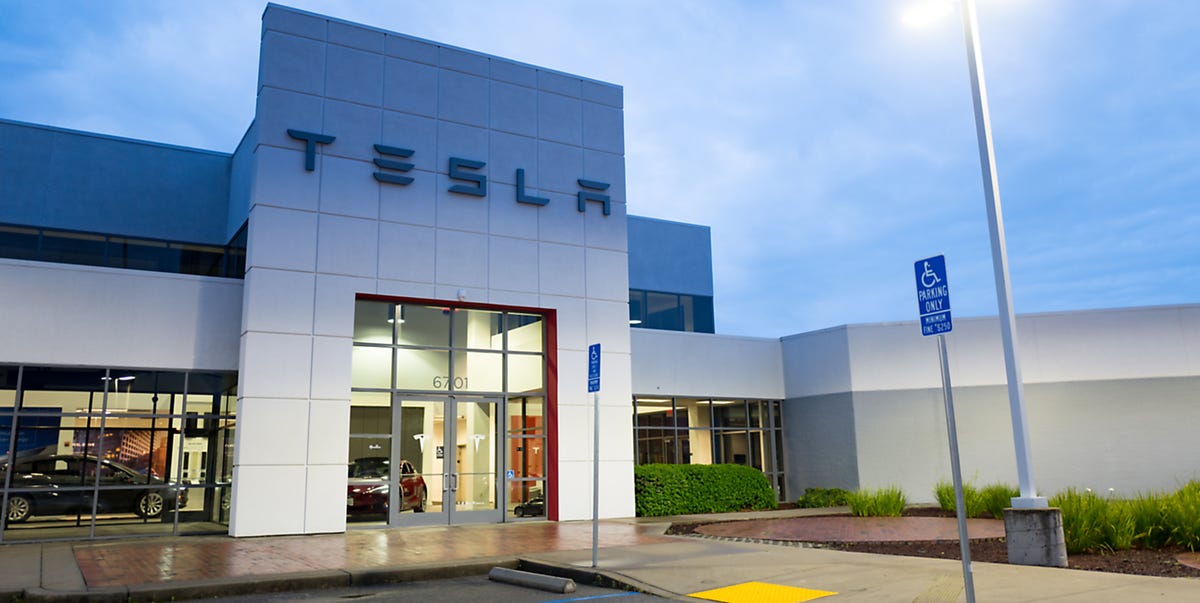Webeevdrivers
Active Member
Curious how the NEVI sites that Tesla was selected to build will play out now. Will Tesla build a new leaner more efficient team and gitterdun or will it just cede those sites to another charge chain. I’m surprised Elon hasn’t addressed this in more detail on X. Not even a whisper out there in a new team.
Text below is from Google news.
“A spokesperson for the Joint Office of Energy and Transportation, which runs the National Electric Vehicle Infrastructure program, or NEVI, said 10 states have selected Tesla as a charging provider for their projects. NEVI was unable to comment on whether Tesla could fulfill the contracts, as the charging programs themselves are run by individual states”
Text below is from Google news.
“A spokesperson for the Joint Office of Energy and Transportation, which runs the National Electric Vehicle Infrastructure program, or NEVI, said 10 states have selected Tesla as a charging provider for their projects. NEVI was unable to comment on whether Tesla could fulfill the contracts, as the charging programs themselves are run by individual states”



